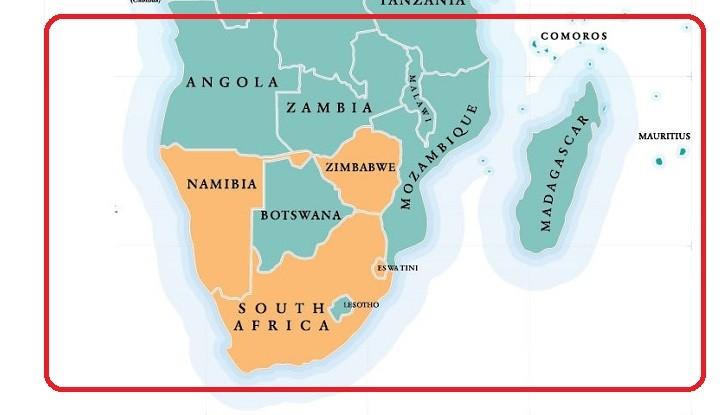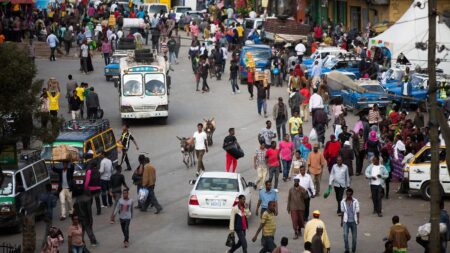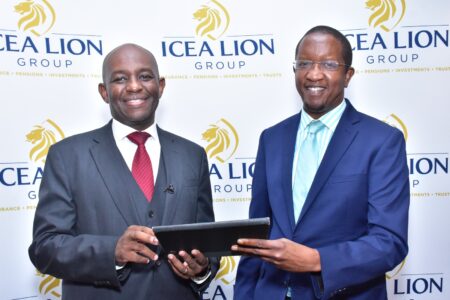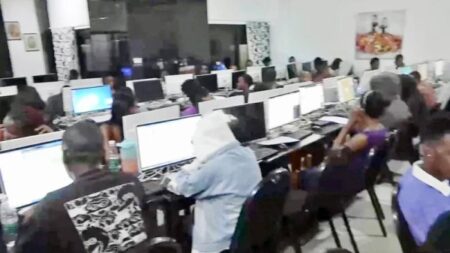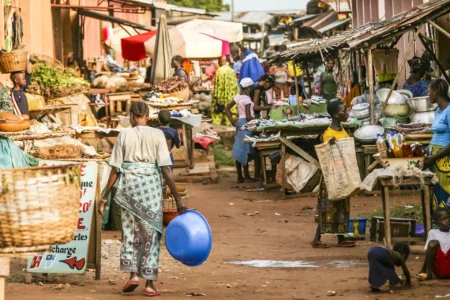With more than 14 million people in Southern Africa facing acute hunger, non-governmental organisations are calling on the AU Heads of State to address the issue threatening lives in the region.
The NGOs comprising of Oxfam, CARE, Plan International and World Vision are also calling for the implementation of agricultural policies that will enable people to feed themselves in line with the AU’s Malabo Declaration’s commitment of investing 10 per cent of national budgets in agriculture.
In addition, Southern African leaders are being urged to increase investments in early warnings and early action systems on natural hazards and promote agroecological approaches to transition towards more just and sustainable food systems.
14.4 million people facing acute hunger
Severe food insecurity rates across 9 southern African countries are 140 per cent higher now than in 2018 primarily because people are being hit by weather extremes driven by climate change.
Across the Southern Africa region, there are now 14.4 million people facing acute levels of hunger, compared to 6 million at the same time in 2018.
Southern African countries have appealed for US$1.1 billion to help them cope with the food crisis but they have received only half of what is needed.
The agencies said that donors must urgently fund the UN humanitarian appeals to help save lives.
“Our region is losing its part of the UN’s fight for ‘zero hunger by 2030’ – as described in its Sustainable Development Goals – because subtropical region of Southern Africa are warming twice as fast as the rest of the world and being battered by repeated weather shocks,” said Nellie Nyang’wa, Oxfam’s Regional Director for Southern Africa.
Zimbabwe is the hardest-hit country by proportion, with 5.8 million people facing severe levels of food insecurity across urban and rural areas. Zambia has 2.3 million people affected; Mozambique 2 million, and Malawi 1.9 million.
In the past two years, the region has experienced three major cyclones, floods, a drought characterized by the lowest rainfall since 1981 in the months between October and December, as well as record warm temperatures in the first half of 2019.
These unusual and disruptive weather patterns have resulted in large scale crop losses which affected the availability of maize, a staple food, and driven prices up across the region in 2019.
“The cyclones, flash-floods and droughts that in the past used to be extreme are now being suffered as ‘normal’ by our farmers. The climate crisis is not just hitting people in sudden spikes of humanitarian emergencies, but it is undermining their ability to build up their reserves and assets and resilience day-by-day-by-day,” Nyang’wa added.
Poverty and worsening levels of inequality
“The climate crisis here is a permanent one, ripping away the coping mechanisms that people here have relied upon for generations to help see their communities and families through the lean times. This crisis is not an occasional headline – for the people of Southern Africa, it’s now a profound way of life.”
“This climate crisis is preying on people’s poverty and worsening levels of inequality. And we see its effects now in these rocketing malnutrition rates. And as always it is the women and children who are hit first,” Nyang’wa said.
She added, “The scale of the drought devastation across Southern Africa is staggering. Over the past five years, continuous failed agricultural seasons meant that countries have not had adequate time to recover and their national reserves of grains have depleted. Zimbabwe alone has had a cereal deficit of 1m tonnes in the past year.”
More frequent droughts have had a devastating impact on small scale farmers, in particular women who do the majority of agriculture in the Southern Africa region.
Dolly Nleya, a farmer in Bulilima, says that climate change is killing their crops with the ones they just planted now drying up.
“Drought is also eating up the grazing land that our livestock feed on,” she adds.
Matthew Pickard, CARE International’s Deputy Regional Director for Southern Africa says that women and girls are the worst affected during times of drought. Adding that women often suffer disproportionally from climate change shocks, he argues that women bear the majority of responsibility for households including ensuring families have food and water as well as household chores and child-rearing.
“They are also usually the last to eat and first to skip meals. We have spoken to mothers, like 18-year-old single mother Rachel in southern Zimbabwe, who say they often skip meals for 1-2 days in order to make sure their children eat,” he says.
“As CARE, we are making sure we provide a gender-sensitive approach in our drought response and resilience programming, to ensure the most vulnerable groups such as women and girls are prioritised and empowered, and that their specific needs are met. This includes working with women to set up village savings and loans associations, income diversification and other climate resilience-building programmes.” Pickard added.
Ndjiole from Angola, at 16, should be at school. Instead, he was forced to leave home to look for pasture and water for his family’s cattle. “We are farmers and we could not harvest since the last cropping season. We only have our cattle left. If we lose them, we will die of hunger,” Ndjiole told World Vision.
“We are extremely concerned at the increasing number of adolescent girls who are being married off so that the families can earn the next meal,” said Stuart Katwikirize, Plan International Regional Head of Disaster Risk Management.
“Alarmingly, we are seeing an increase in girls resorting to sex for payment just to put food on the table, earning as little as 40 cents each time. Increasing commodity prices and lack of available food mean some feel they have no other option. We are incredibly concerned about the long-term impact of this kind of abuse on young girls,” said Maxwell Sibhensana, World Vision’s Southern Africa Humanitarian and Emergency Affairs Director.





